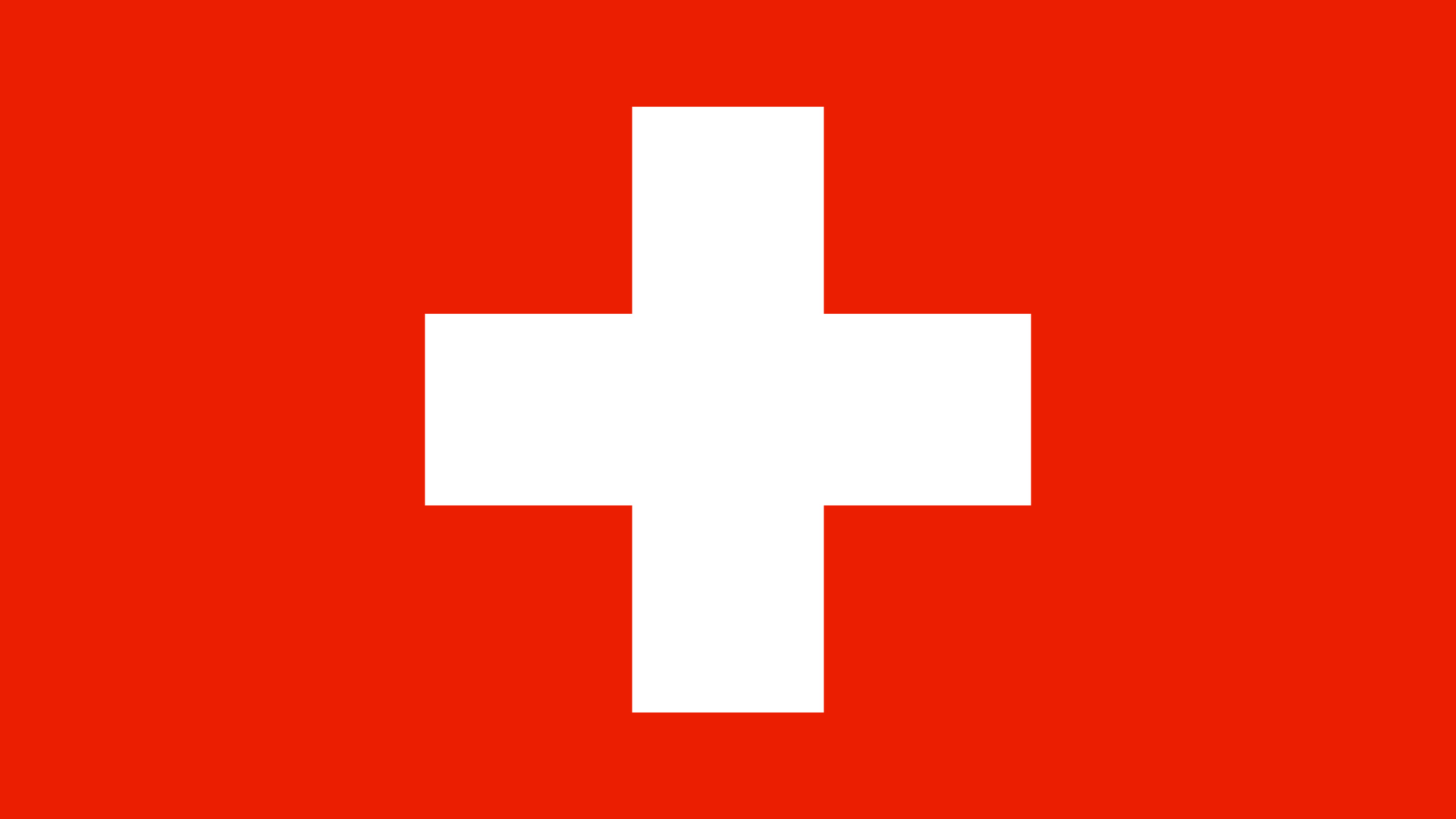Switzerland
Explore the advantages of Switzerland as a Decentralized Autonomous Organizations (DAOs) jurisdiction.

Updated 1st November 2023*
This post is part of our research on DAO-friendly global jurisdictions.
Switzerland Sources
https://www.unine.ch/files/live/sites/florence.guillaume/files/Publications/Riva DAO in Swiss legal order.pdf
https://www.lextechinstitute.ch/les-daos-existent-elles-en-suisse/?lang=en
https://www.lexology.com/library/detail.aspx?g=4975a78f-56b1-4ab0-91fb-2b078d6c209a
Building a DAO in Switzerland vs. A Traditional Swiss Organization
In the heart of Europe, Switzerland has long been recognized for its meticulous watches, indulgent chocolates, and, more critically, its robust financial and business infrastructure. Traditional Swiss organizations, built upon centuries of established practices and a renowned legal framework, have set global standards. Yet, as the digital age unfolds, a new organizational paradigm emerges the Decentralized Autonomous Organization (DAO). As the world attempts to grasp the intricacies and potential of DAOs, Switzerland stands at a crossroads, juxtaposing its legacy of traditional businesses with the promising frontier of blockchain-enabled autonomy. This comparison delves into the contrast between these traditional entities and the burgeoning concept of DAOs within the Swiss landscape.
Initiation and Management:
- Traditional Swiss Organization: Swiss organizations are traditionally initiated by individuals, board members, or stakeholders. The governance structures are centralized with positions such as a CEO, board of directors, and clear hierarchies. Bound by the Swiss Code of Obligations, these organizations often undergo annual audits, especially if they fulfill certain size, turnover, or employee number criteria.
- DAO in Switzerland: Originating from the architecture of smart contracts, DAOs operate based on predefined governance rules. They're launched on a blockchain, letting participants manage resources in a decentralized fashion. Their operation contrasts starkly with traditional Swiss organizational hierarchies, as DAOs, once launched, operate autonomously according to the rules encoded within them.
Origins:
- Traditional Swiss Organization: Swiss businesses are frequently initiated from economic interests, societal ventures, or public services. With a deep-rooted history in banking and finance, Switzerland is a magnet for various businesses, ranging from multinational corporations to innovative startups.
- DAO in Switzerland: DAOs, although a more recent phenomenon, are traced back to blockchain visionaries like Daniel Larimer. Ethereum significantly boosted the idea, particularly after the 2016 DAO event, bringing it to mainstream attention.
Characteristics:
- Traditional Swiss Organization: Recognized and regulated under Swiss law, traditional entities have clear structures, roles, rights, responsibilities, and obligations. Examples include the AG (Aktiengesellschaft) for corporations and GmbH (Gesellschaft mit beschränkter Haftung) for LLCs.
- DAO in Switzerland: DAOs, with their decentralized and autonomous essence, deviate from traditional Swiss structures. Using platforms like Ethereum, they run on consensus mechanisms and smart contracts. Unlike traditional organizations, they exist purely in the digital realm, pushing boundaries on established legal principles.
Legal Framework:
- Traditional Swiss Organization: Governed by well-defined Swiss laws, such as the Swiss Code of Obligations, these organizations also abide by sector-specific regulations, like the Banking Act or FINMA regulations, based on their business nature.
- DAO in Switzerland: DAOs usher in a complex legal challenge. While Swiss law lacks specific rules for DAOs, scholars and practitioners attempt to fit them within existing legal paradigms, like the company law regime. The Canton of Zug, Switzerland's "Crypto Valley," is notably proactive. The suggested approach of recognizing DAOs as foreign companies governed by their code, per private international law, illustrates Switzerland's innovative legal stance.
Future Outlook:
- Traditional Swiss Organization: With a stable economy, favorable tax environment, and business-friendly regulations, traditional organizations in Switzerland remain robust. Yet, they are increasingly blending digital innovations into their operations.
- DAO in Switzerland: Switzerland's progressive stance on digital innovations, especially blockchain and crypto, suggests a bright future for DAOs. The nation's embrace of fintech positions it as a pioneering force in integrating DAOs legally and economically.
Conclusion
Traditional Swiss entities embody centuries of refined legal and commercial practices. In contrast, DAOs signify the dawn of a new era laden with unique challenges and potential. Switzerland's receptiveness to change and innovation places it at a vantage point, ready to champion this transformative shift.
Case Studies:
https://ethereum.org/en/foundation/
*Please note that the information in this post is for informational purposes only. It should not be construed as legal, tax, investment or other advice.*
